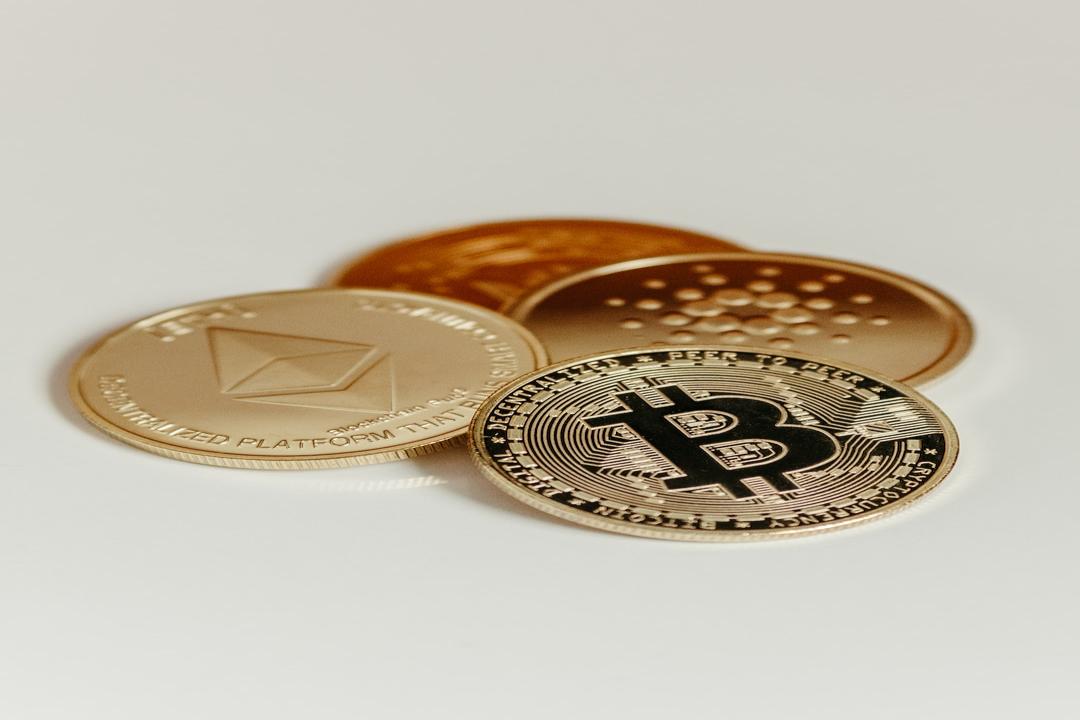In the realm of cryptocurrencies, users often take precautions to protect themselves from malicious individuals and avoid falling victim to scams. However, one investor recently shared a harrowing tale of losing over $100,000 despite his best efforts to safeguard his funds.
Matthias Mende, co-founder of the Dubai Blockchain Center and founder of the social verification project Bonuz, recounted his experience of being hacked and losing his assets. On June 25, Mende discovered that his crypto assets, as well as his Solana Name Service (SNS) domains “mende.sol” and “bonuz.sol,” had been mysteriously drained. Concerned for others in the crypto space, Mende warned his followers about the presence of malicious actors.
Mende expressed his confusion about how he had been compromised, as he had implemented high-security measures and was cautious about clicking on suspicious links. Additionally, he made a point of not storing his seed phrases digitally. Mende had participated in a token presale for Solana’s (SOL) cryptocurrency and felt optimistic about his investment. However, just a few days later, he discovered that his wallet had been emptied. The hacker initially sent out 320 SOL tokens, equivalent to approximately $46,000.
The attacker then realized that there were other tokens in the wallet and sent back some SOL tokens to use as gas, before completely draining the wallet. In total, the estimated value of Mende’s losses amounted to $100,000. Devastated by the loss, Mende shared his feelings of despair but chose to focus on the present and make the best of the situation.
Given Mende’s extensive involvement in Web3 security, the incident left him astonished. He had even developed Bonuz, a blockchain-based solution aimed at combating social identity theft, as part of his social media identity verification project. Mende emphasized that he had not clicked on any suspicious links or connected his wallet to any dubious sources, as he prioritized security by using the Brave browser.
In response to the incident, Mende promptly reported it to Dubai’s cybercrime unit to ensure that the crypto exchanges could freeze the funds once they were transferred to their platforms. He is also working alongside forensic experts to identify the perpetrator, although their identity remains unknown. Mende took to social media to urge the hackers to return the funds, warning them of the traceability of blockchain transactions. He offered a chance for the money to be returned within two days, promising not to pursue legal action if the funds were returned. Unfortunately, the hacker did not respond to Mende’s plea.
Despite this unfortunate event, Mende remains committed to the world of cryptocurrencies and continues to advocate for improved security measures. His experience serves as a reminder to all crypto users to remain vigilant and take necessary precautions to protect their assets.

